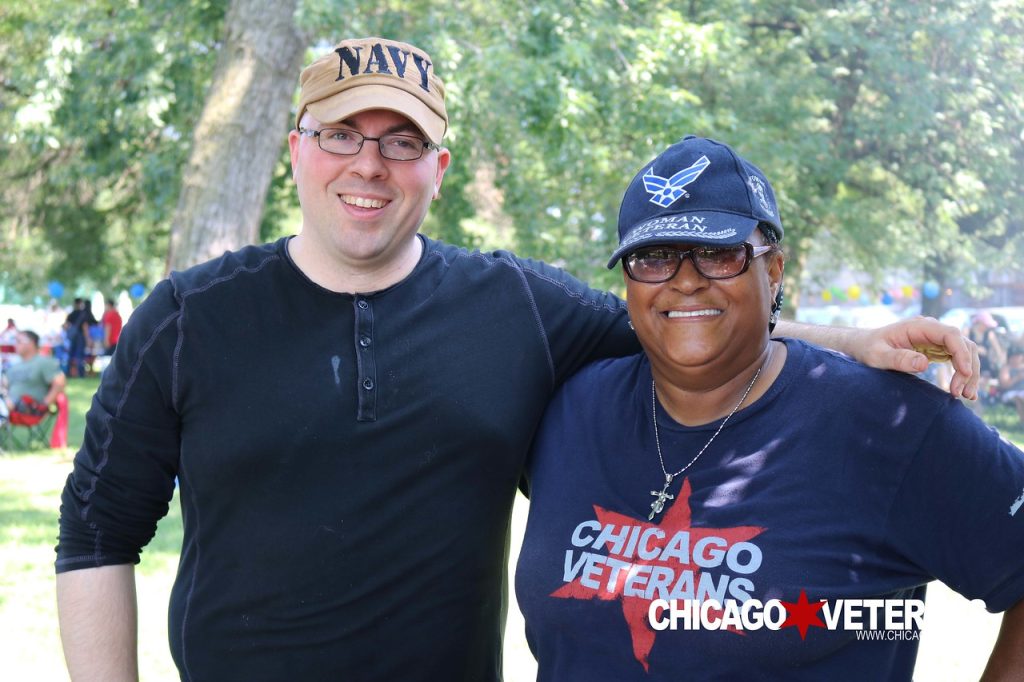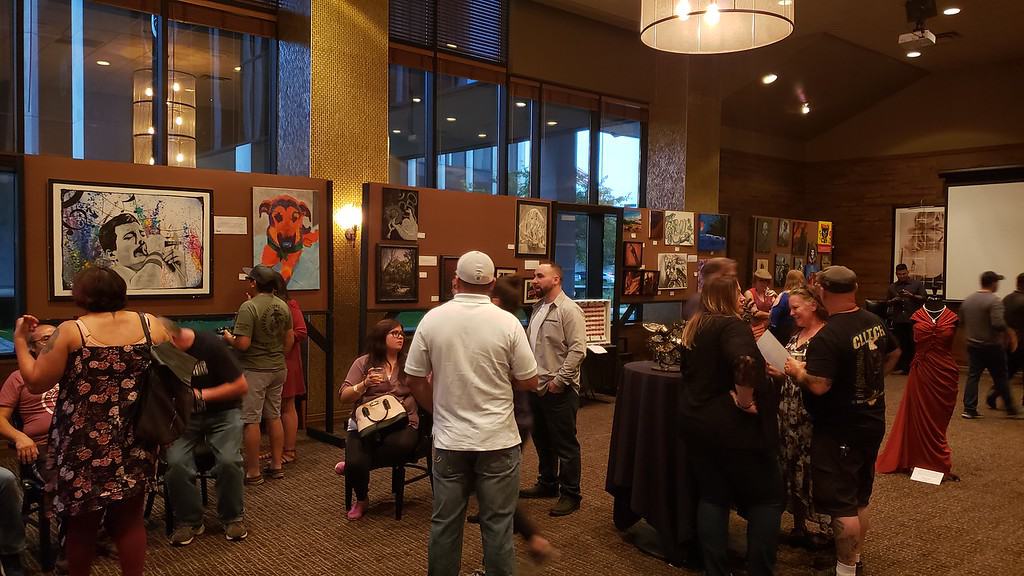From Isolation to Connection: How Social Events Help Veterans with PTSD
Post-Traumatic Stress Disorder (PTSD) is a common mental health disorder that can develop after someone has experienced or witnessed a traumatic event. Veterans are at a higher risk of developing PTSD due to their exposure to combat and other stressful situations. According to the U.S. Department of Veterans Affairs, between 11% and 20% of veterans who served in Operation Iraqi Freedom or Enduring Freedom have PTSD in a given year.
PTSD can have a significant impact on a veteran’s life, affecting their relationships, work, and overall well-being. Many veterans with PTSD struggle to connect with others and may avoid social events due to anxiety or fear of triggering memories of their trauma. However, social connections are essential for mental health and can provide a sense of belonging and support.
One of the most effective ways to help veterans who struggle with PTSD is to provide them with opportunities to participate in social events. Social events can help veterans connect with other people who have shared similar experiences, build friendships, and reduce feelings of isolation and loneliness.
According to the Department of Veterans Affairs, social support is one of the most important factors in helping veterans recover from PTSD. Research has shown that social support can improve mental health outcomes, increase overall well-being, and reduce symptoms of PTSD.

Social events can take many forms, from structured like art therapy and peer support groups to outdoor activities like hiking, sports, picnics and more. It’s crucial for veterans with PTSD to have access to social events that cater to their unique needs. Which is why many legacy organizations such at the VFW and newer veterans organizations such as Chicago Veterans, Team RWB, and Merging Vets and Plays are offering a variety of social events and activities specifically designed for veterans.
These social events not only provide veterans with a sense of community but also help them develop coping skills and strategies to manage their PTSD symptoms. Social events can also provide veterans with a sense of purpose and meaning. After serving in the military, many veterans struggle with finding a new sense of purpose in civilian life. Participating in social events can help veterans feel like they are part of something larger than themselves, and that their contributions are valued. For example, participating in outdoor activities can help veterans connect with nature, which has been shown to have a positive impact on mental health. Organized sports and meet-ups can also provide a safe space for veterans to express their emotions and connect with others who understand what they are going through.
“One of the most effective ways to help veterans who struggle with PTSD is to provide them with opportunities to participate in social events. Social events can help veterans connect with other people who have shared similar experiences, build friendships, and reduce feelings of isolation and loneliness.”
There are also many local community events that can provide a supportive and inclusive environment for veterans with PTSD. For example, community fitness classes, like yoga or martial arts, can be a great way for veterans to connect with others while also improving their physical health. Volunteering opportunities can also be an excellent way for veterans to give back to their community while also building connections and improving their mental health.
There is a large need to continue social events which help veterans connect with others to improve their mental health. It’s essential that we continue to support these organizations and events to ensure that veterans with PTSD have access to the social connections they need to thrive.

Sources:
- U.S. Department of Veterans Affairs. (2021). PTSD: National Center for PTSD. Retrieved from https://www.ptsd.va.gov/
- Department of Veterans Affairs. (2021). Social Support: An Important Factor in Recovery from PTSD. Retrieved from https://www.ptsd.va.gov/professional/treat/type/social_support.asp‘
- Morgan, A., & Bledsoe-Mansori, S. E. (2018). The Impact of a Four-Day Wilderness Therapy Program on Posttraumatic Stress Disorder Symptoms in Veterans. Journal of Traumatic Stress.
